ABA Annual Meeting and Town Hall
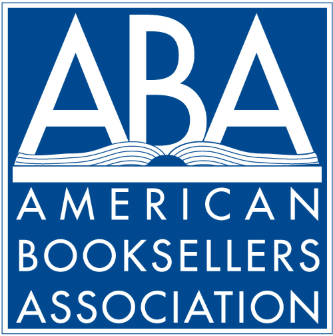 At the American Booksellers Association's annual meeting and town meeting, held virtually yesterday, questions pertaining to diversity and inclusion--from what constitutes diversity to the ABA to creating safer spaces for booksellers who are Black, Indigenous and People of Color--were major, recurring topics of discussion.
At the American Booksellers Association's annual meeting and town meeting, held virtually yesterday, questions pertaining to diversity and inclusion--from what constitutes diversity to the ABA to creating safer spaces for booksellers who are Black, Indigenous and People of Color--were major, recurring topics of discussion.
On the ABA's commitment to diversifying the board, ABA CEO Allison Hill and president Jamie Fiocco, owner of Flyleaf Books, Chapel Hill, N.C., reiterated that the association has realized that its previous approach was ultimately too slow and too passive. Everything about the nomination process is being looked at, and "breaking it all down" and rebuilding it is not off the table. Hill added that when it comes to all of the ABA's diversity initiatives, the plan is "not to wait a year" to give updates but rather to communicate in real time the steps the association is taking.
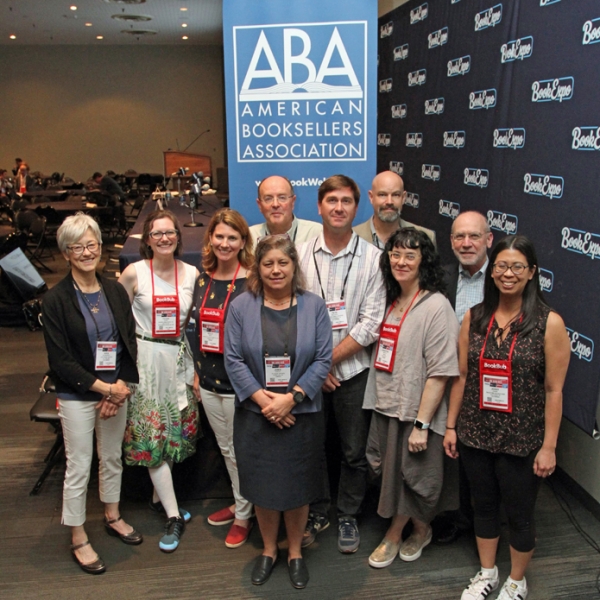 |
|
| ABA Board: (l.-r.) Kris Kleindienst, Tegan Tigani, Kelly Estep, Kenny Brechner, Pete Mulvihill, Chris Morrow, Christine Onorati, Bradley Graham, Jenny Cohen; front Jamie Fiocco; (not pictured) Angela Maria Spring | |
On the association's definition of diversity, Fiocco said its old definition, which had more to do with store size, location and specialty and whether the board member was male or female, was clearly too limited. At July's board meeting, this is one of many things that the board will re-examine, with Fiocco noting that they are trying to step away from putting the diversity "tag" on everything. Hill emphasized that antiracism needs to go hand-in-hand with whatever conclusion the board arrives at. Board member Angela Maria Spring, owner of Duende District Bookstore in Washington, D.C., suggested putting aside the word diversity entirely and saying "what you actually mean." She also emphasized that anyone talking about these issues first needs to look at who they are talking about them with, and the "first step to anything" is speaking with minority communities and listening to what they actually need.
After a bookseller questioned whether carrying and selling books that espouse discriminatory or hateful beliefs constitutes a breach of the ABA's code of ethics, a long discussion ensued about free speech, the ABA's limits as a trade association and how the ABA can make BIPOC members feel safe. Fiocco said that the ABA cannot tell members what to do, but if something is harmful from a civil or human rights point of view, there's "no contest there." The association can also empower and support other folks within the industry. And while she said she didn't have any firmer answers, Fiocco gave her word that this will be discussed again at the board meeting in July.
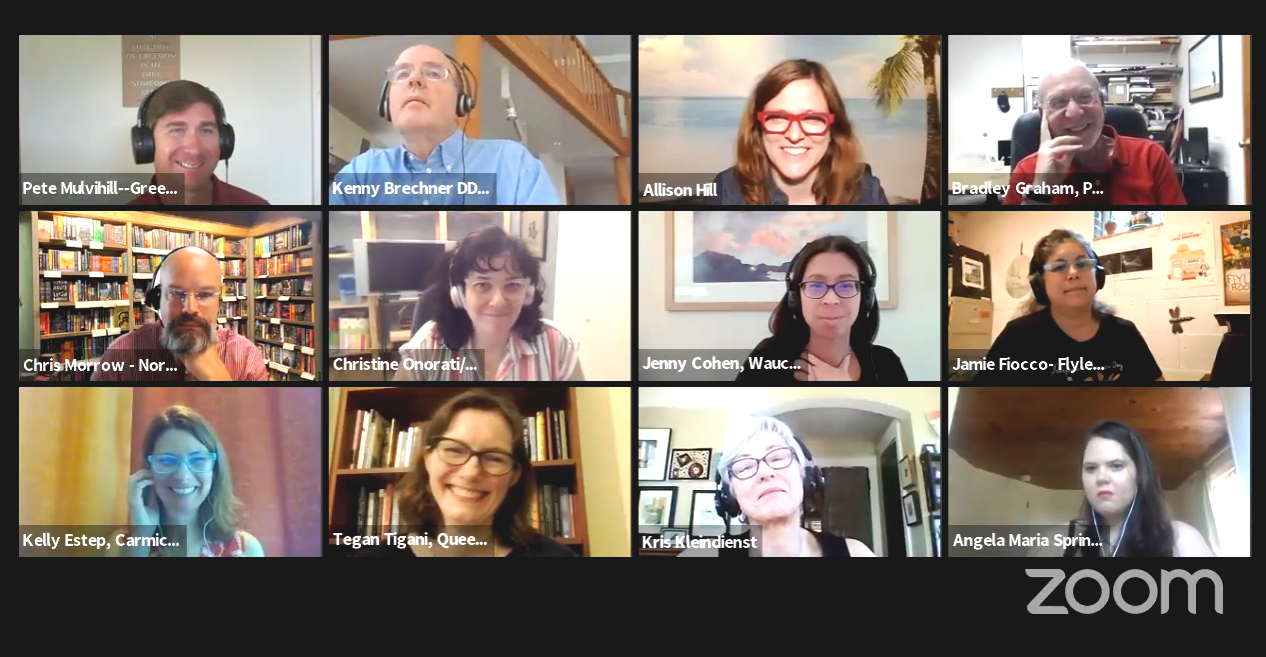
Of course, the effects of the Covid-19 pandemic were also a major topic. Board members and Allison Hill emphasized that despite financial challenges, the ABA is in a strong position to help and support its members. Among the initiatives it's taking are a series of marketing campaigns that began with #SaveIndieBookstores; continues now, "piggybacking" on #ReadIndieForward (sponsored by Sourcebooks and Shelf Awareness); and will go on to include a "back to business" campaign this summer and, in the fourth quarter, a campaign that will have a theme of "buy early, buy local." (Booksellers and others in the business are concerned that the vital holiday season may experience greater disruptions than those of past holidays and the early part of pandemic, particularly as holiday sales tend to "hit harder and hit later" in December.)
The organization is also emphasizing education, including its online coffee breaks, meetups and webinars, as well as advocacy efforts and discussions with publishers and wholesalers. It is making, Hill said, "an actionable commitment to diversity and anti-racism and following through."
The ABA is also aiming to make IndieCommerce, which has proven especially important to booksellers that have had to close their doors, as efficient and robust as possible.
Allison Hill: 'A Period of Crisis'
Noting that her first day as the new CEO of the ABA was March 2, just as the Covid-19 pandemic was hitting the U.S., Hill said that her first three months on the job were "not what I expected. I know that the first three months of my job weren't what any of you expected. The world has not been what we expected, and this moment is no different."
Despite not being able to greet members in person at an annual meeting at BookExpo, she said, "I'm so happy that we're all together in this moment, even virtually. I feel honored to be leading ABA at this extraordinary time and I feel very lucky to not be doing it alone." She thanked the ABA staff, naming each, and particularly COO Joy Dellanegra-Sanger, who was acting executive director following Oren Teicher's retirement October 31 and "steered the ship for many months."
Hill continued: "The last 90 days have been a period of crisis for our industry like we've never seen before. The first crisis was this unexpected pandemic--although I have to say if anyone should have seen it coming, it's booksellers who are used to reading dystopian novels. The second crisis was hundreds of years in the making, the tipping point for our country around racism and around police violence. It has been heartbreaking and hard these last few weeks for our country. It has been challenging for our booksellers of color, but most important for me is to acknowledge especially how hard and painful for our black booksellers and our black-owned bookstores."
Booksellers have been amazing, she went on. "The past few months have proven what everyone always says about all of you: you are innovative, nimble, creative, committed, passionate, intelligent, hardworking--and I'm going to guess very, very, very tired at this point.
"But during this challenging time, you have done something seemingly impossible: in an economic shutdown, you have kept your stores going. You've at least kept them running in place, and I think in place has been the new forward. You have continued to be of service. You've been sharing books and supporting customers. You've reminded people how vital independent bookstores are. And most moving to me, you've continued to support one another through all of this, which has always been one of our industry's greatest strengths."
Budget Hit
Bradley Graham, ABA v-p and secretary and co-owner of Politics and Prose, Washington, D.C., outlined the hit that the ABA has taken because of the Covid-19 pandemic, although he noted that some "challenges to the ABA budget" existed before the pandemic.
Association revenues are down more than 20%--about $1.4 million--from the annual budget of more than $7 million because of the cancelation of BookExpo and Children's Institute (at least in their in-person iterations), as well as drops in publisher support, membership and marketing income. (In response to the pandemic, the ABA dropped dues and some IndieCommerce fees temporarily to help member stores.) In addition, the ABA contributed $100,000 to the SaveIndieBookstores campaign done with the Book Industry Charitable Foundation (Binc). Savings in the travel budget and unused membership and marketing expenses helped slightly, but in no way made up for the loss of revenue.
Graham noted that the ABA's endowment of $27.5 million provides income that's "necessary to support the organization" because dues and other revenue "doesn't come close" to the amount that's needed.
There are "tough choices ahead," Graham continued, and they concern how best to use staff, which numbers more than three dozen, and financial resources. Among budgetary focuses are helping stores recover from the pandemic; assisting black-owned bookstores and mentoring booksellers of color; education programs; and improving and more equitably financing IndieCommerce.
Although the association usually gives information about membership numbers at the annual meeting, this year it had none because, as Jamie Fiocco said, the ABA was in the middle of annual renewals when the pandemic hit, and dues were suspended. Membership numbers will be released as soon as the association has them.
In the same vein, the annual ABACUS survey was cancelled in part as a cost-cutting measure but also because at the time the information would have been gathered from members, many booksellers would not have been able to compile the necessary data.
ABACUS has not been cancelled permanently, however. Allison Hill emphasized that the association had already been looking at the survey and was considering expanding what is surveyed. She added that there may be a survey in near future with questions "that might shed light on where stores are at now and what they need.
In some good news, Andy Hunter of Bookshop.org said that in early July, the organization will be distributing more than $1 million from its profit-sharing pool to independent bookstores.












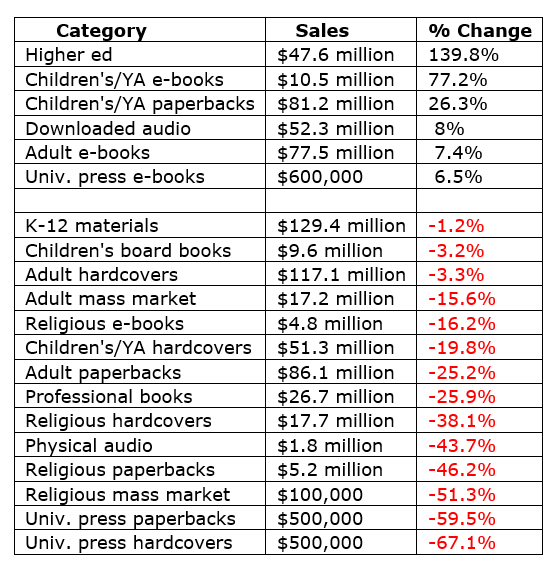

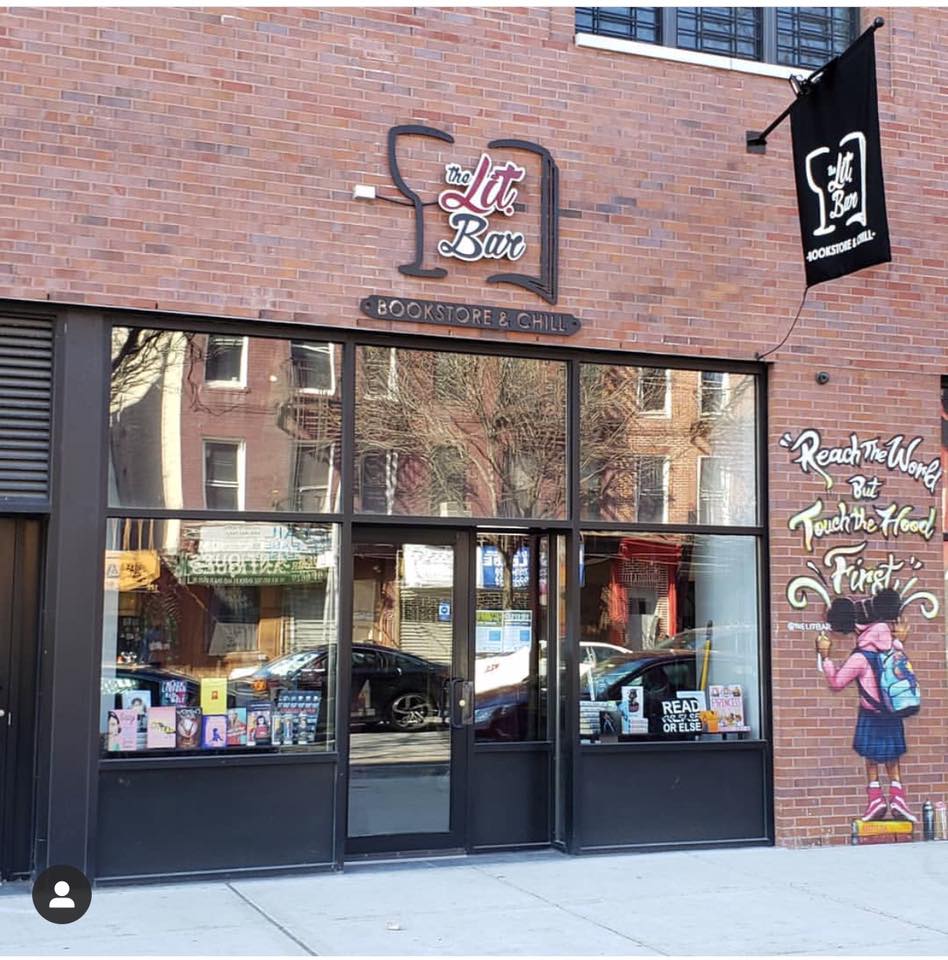 In the Bronx, N.Y., bookstore owner Noëlle Santos reported that the financial picture for her store,
In the Bronx, N.Y., bookstore owner Noëlle Santos reported that the financial picture for her store, 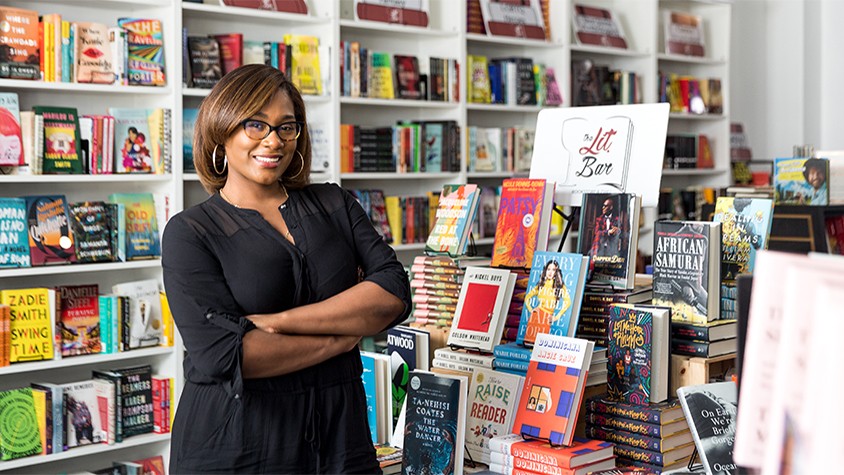 She hasn't opened Lit. Bar for pickup and, with her time not taken up packing and shipping orders, she's instead reconfiguring the store and training staff on the new safety measures that will be in place once the store is open for browsing again. The store was only about 10 months old when the pandemic started, she continued, and this has also given her the opportunity to tackle some projects that have been on the back burner pretty much since the store opened.
She hasn't opened Lit. Bar for pickup and, with her time not taken up packing and shipping orders, she's instead reconfiguring the store and training staff on the new safety measures that will be in place once the store is open for browsing again. The store was only about 10 months old when the pandemic started, she continued, and this has also given her the opportunity to tackle some projects that have been on the back burner pretty much since the store opened.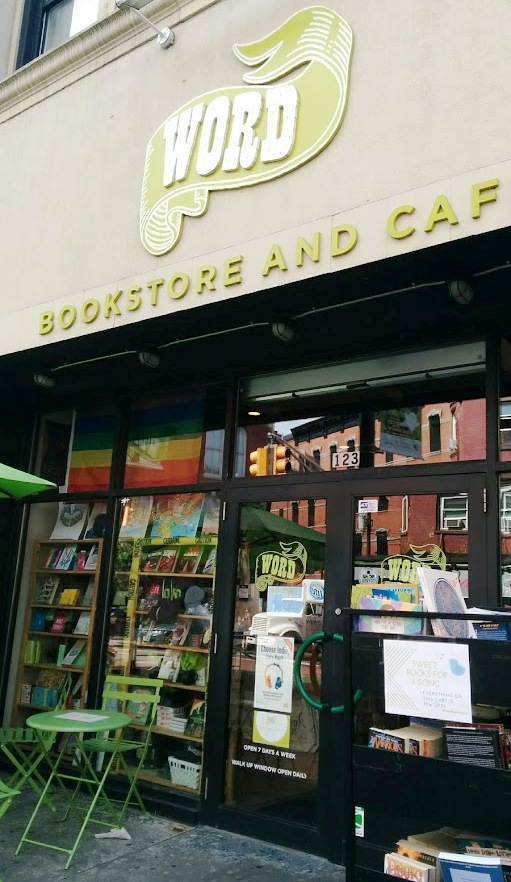 In Jersey City, N.J., and Brooklyn, N.Y., both
In Jersey City, N.J., and Brooklyn, N.Y., both 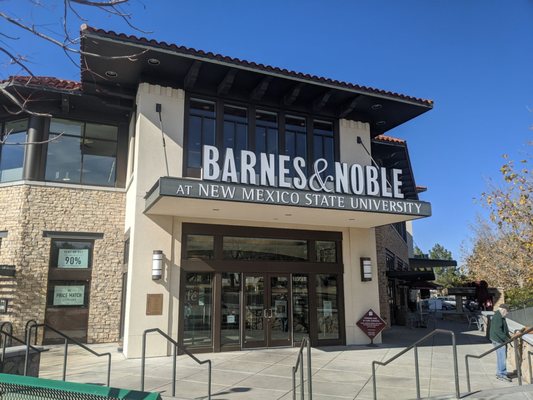
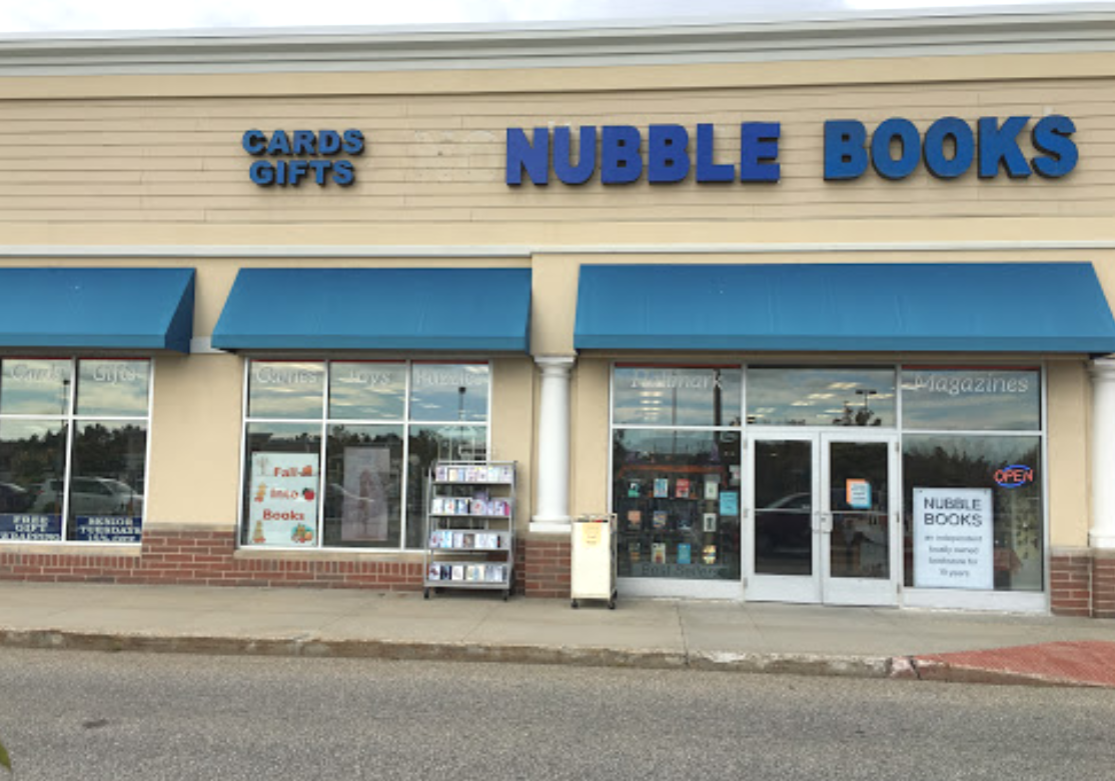
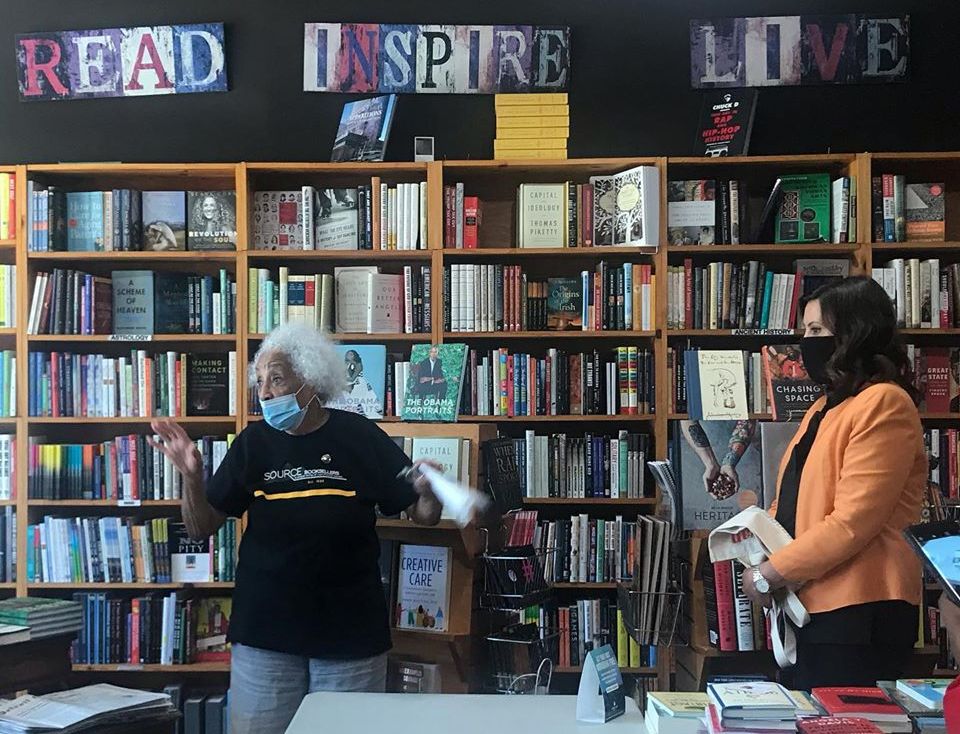 Michigan Governor Gretchen Whitmer visited
Michigan Governor Gretchen Whitmer visited 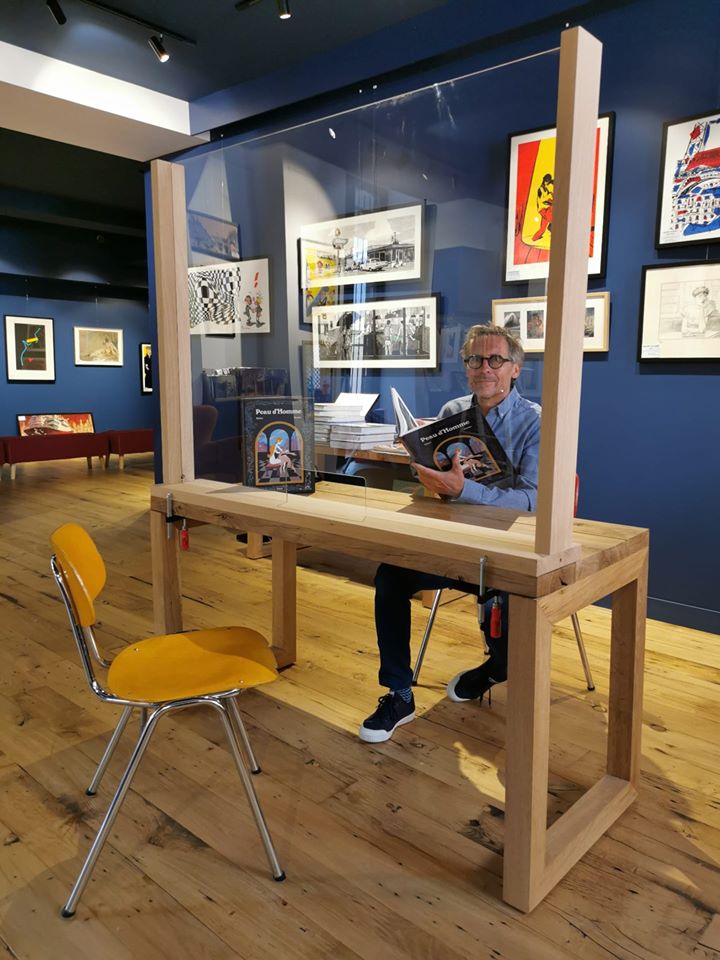 French bookseller
French bookseller 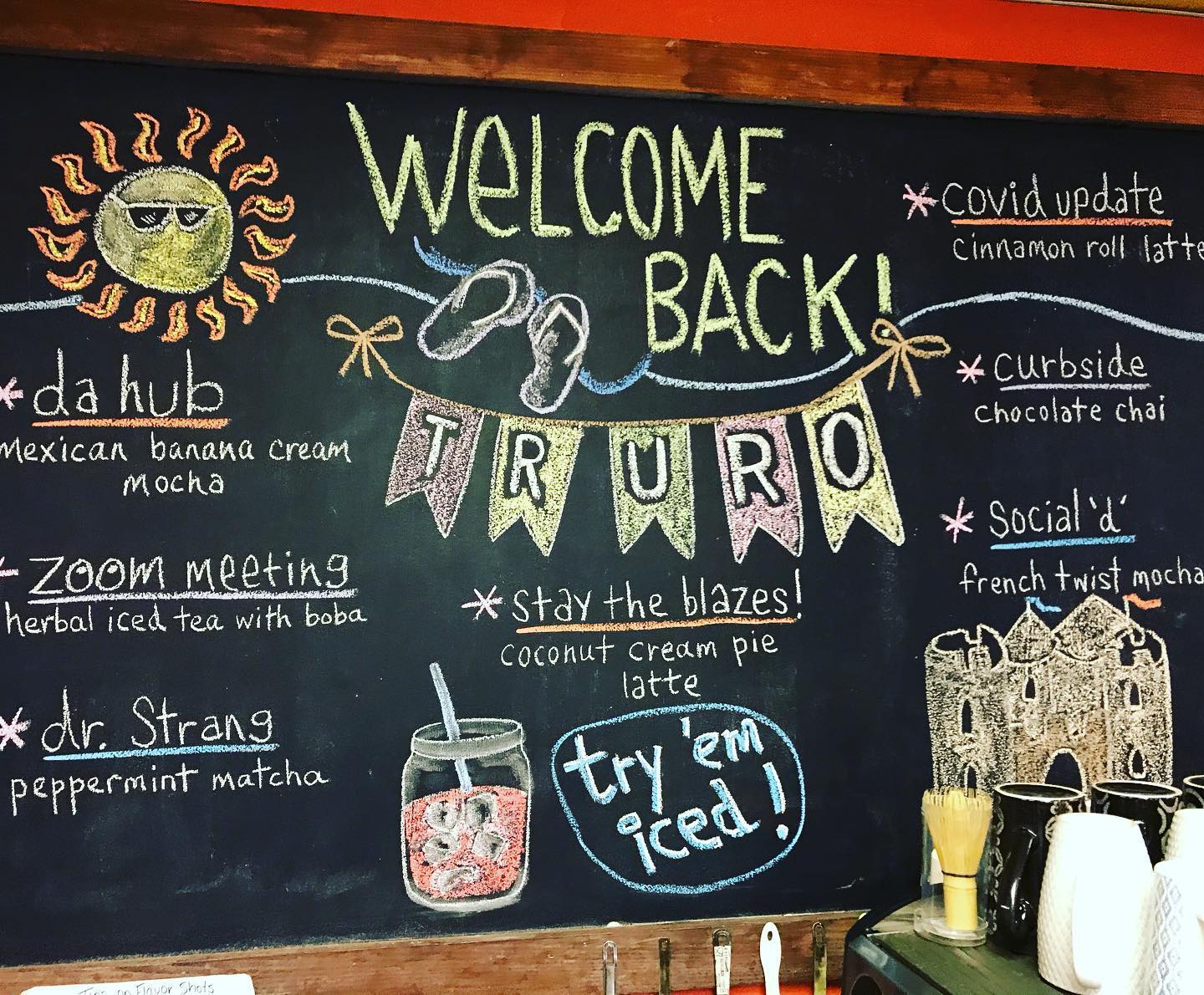 Canadian bookseller
Canadian bookseller 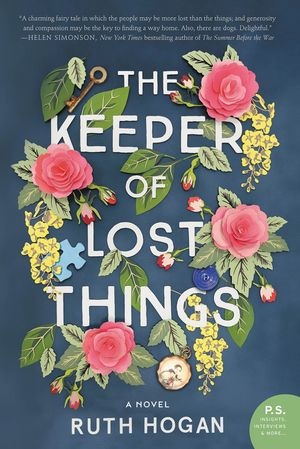 Pennie Clark Ianniciello, Costco's book buyer, has chosen The Keeper of Lost Things by Ruth Hogan (Morrow, $16.99, 9780062473554) as her pick of the month for June. In Costco Connection, which goes to many of the warehouse club's members, she wrote:
Pennie Clark Ianniciello, Costco's book buyer, has chosen The Keeper of Lost Things by Ruth Hogan (Morrow, $16.99, 9780062473554) as her pick of the month for June. In Costco Connection, which goes to many of the warehouse club's members, she wrote: 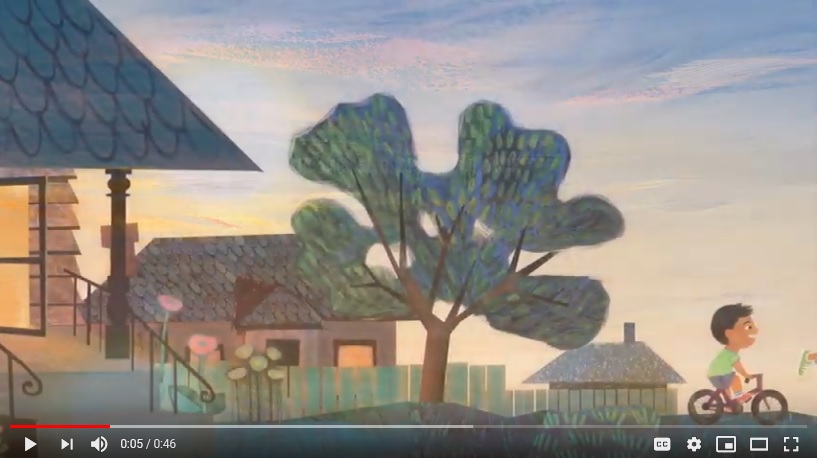 Dusk Explorers
Dusk Explorers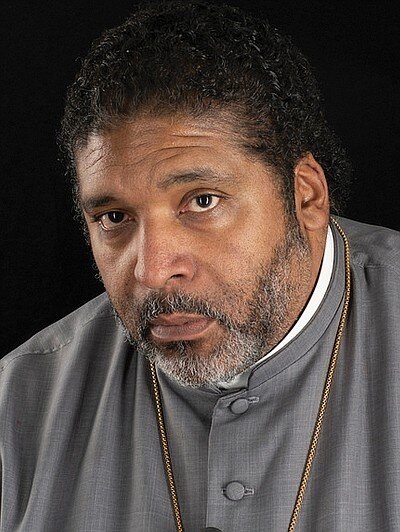
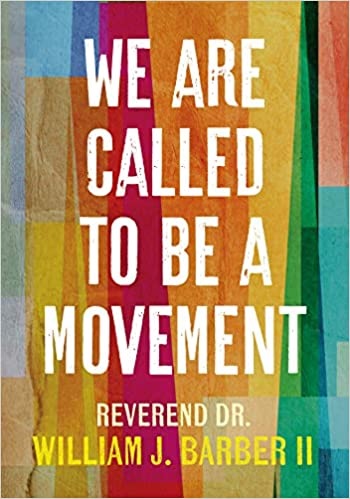 Your top five authors:
Your top five authors: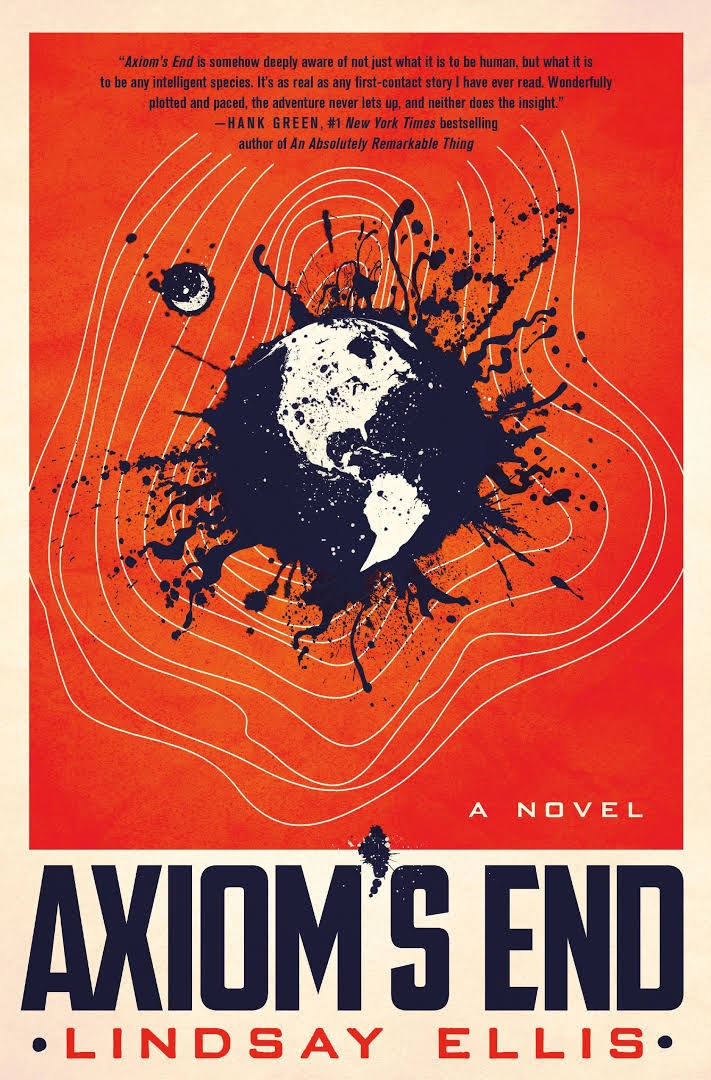 Video essayist and Hugo finalist Lindsay Ellis's debut science fiction novel is an intriguing entry in the lengthy tradition of first-contact stories, where humans meet alien lifeforms for the first time. Axiom's End features hallmarks of the genre--struggling to communicate, fear giving way to understanding, etc.--with at least one major difference: Ellis's close encounter is set in 2007. Axiom's End therefore also functions as an alternate history, imagining a governmental cover-up of alien life during the Bush administration. The novel's reflections on paranoia and secrecy have undeniable resonance in an era embroiled in controversies over surveillance and national security overreach.
Video essayist and Hugo finalist Lindsay Ellis's debut science fiction novel is an intriguing entry in the lengthy tradition of first-contact stories, where humans meet alien lifeforms for the first time. Axiom's End features hallmarks of the genre--struggling to communicate, fear giving way to understanding, etc.--with at least one major difference: Ellis's close encounter is set in 2007. Axiom's End therefore also functions as an alternate history, imagining a governmental cover-up of alien life during the Bush administration. The novel's reflections on paranoia and secrecy have undeniable resonance in an era embroiled in controversies over surveillance and national security overreach.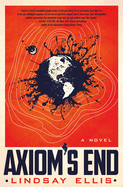
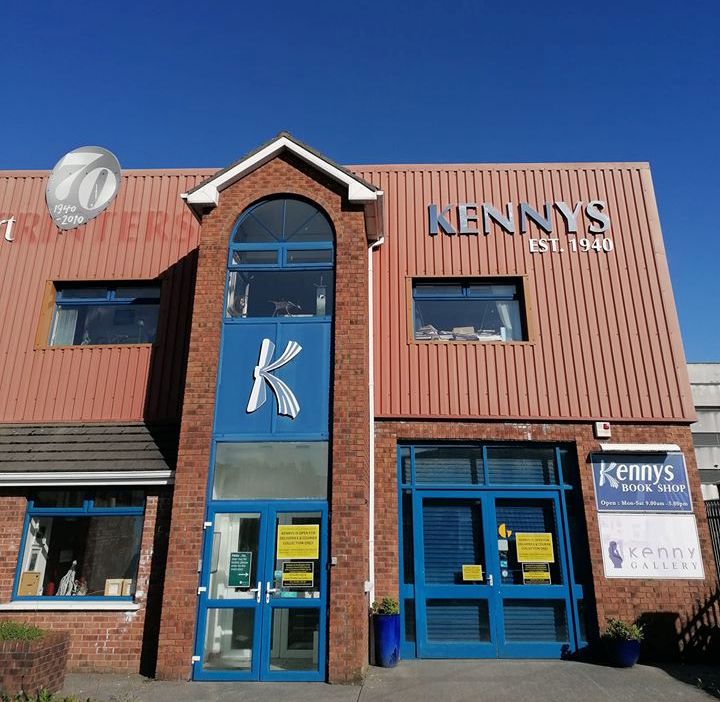 I think people are worried if they can pick up a book off the shelf. No more than going into a supermarket, you might pick up a product and put it back because you don't want it: you have to be able to do that. It is impossible to have a customer experience and not be able to lift the books and browse and put them back. --Sarah Kenny of
I think people are worried if they can pick up a book off the shelf. No more than going into a supermarket, you might pick up a product and put it back because you don't want it: you have to be able to do that. It is impossible to have a customer experience and not be able to lift the books and browse and put them back. --Sarah Kenny of 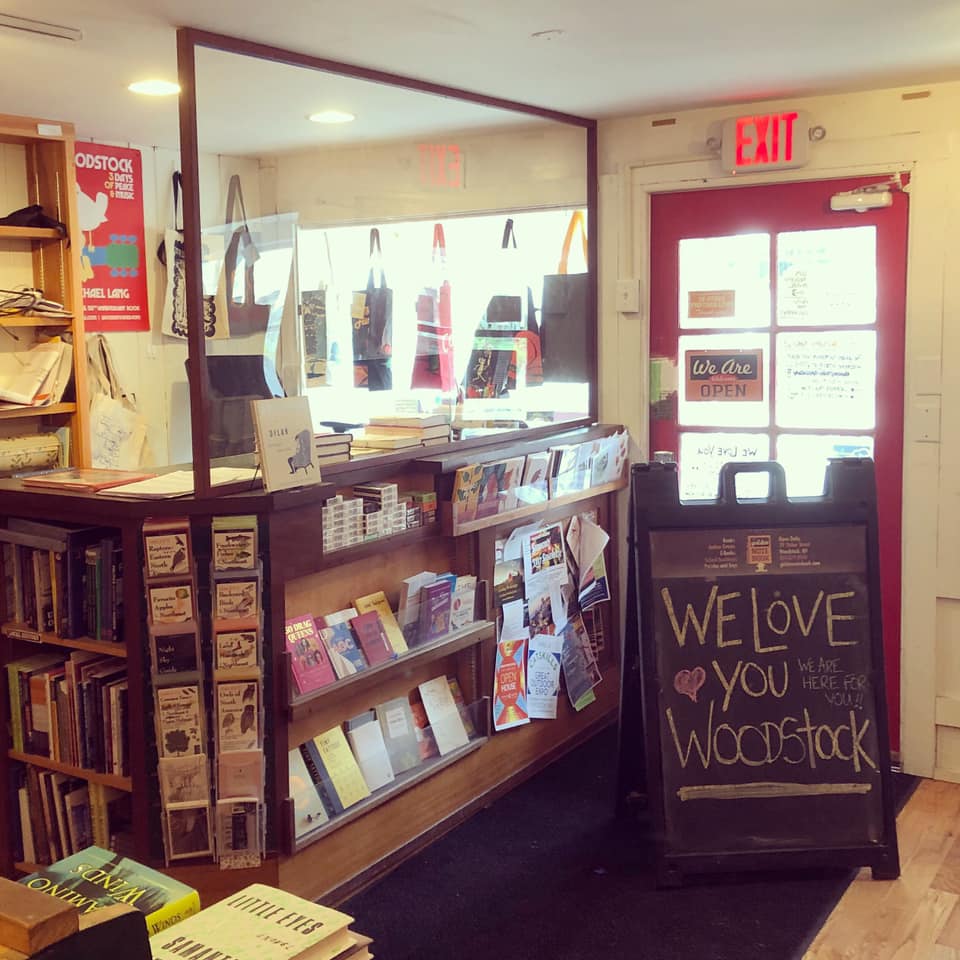
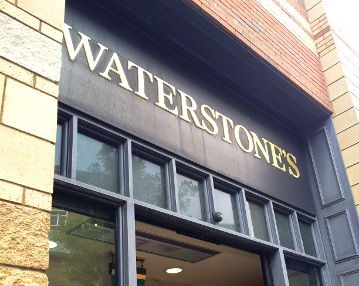 Solutions are destined to be an ongoing real-time R&D project worldwide. In the U.K.,
Solutions are destined to be an ongoing real-time R&D project worldwide. In the U.K., 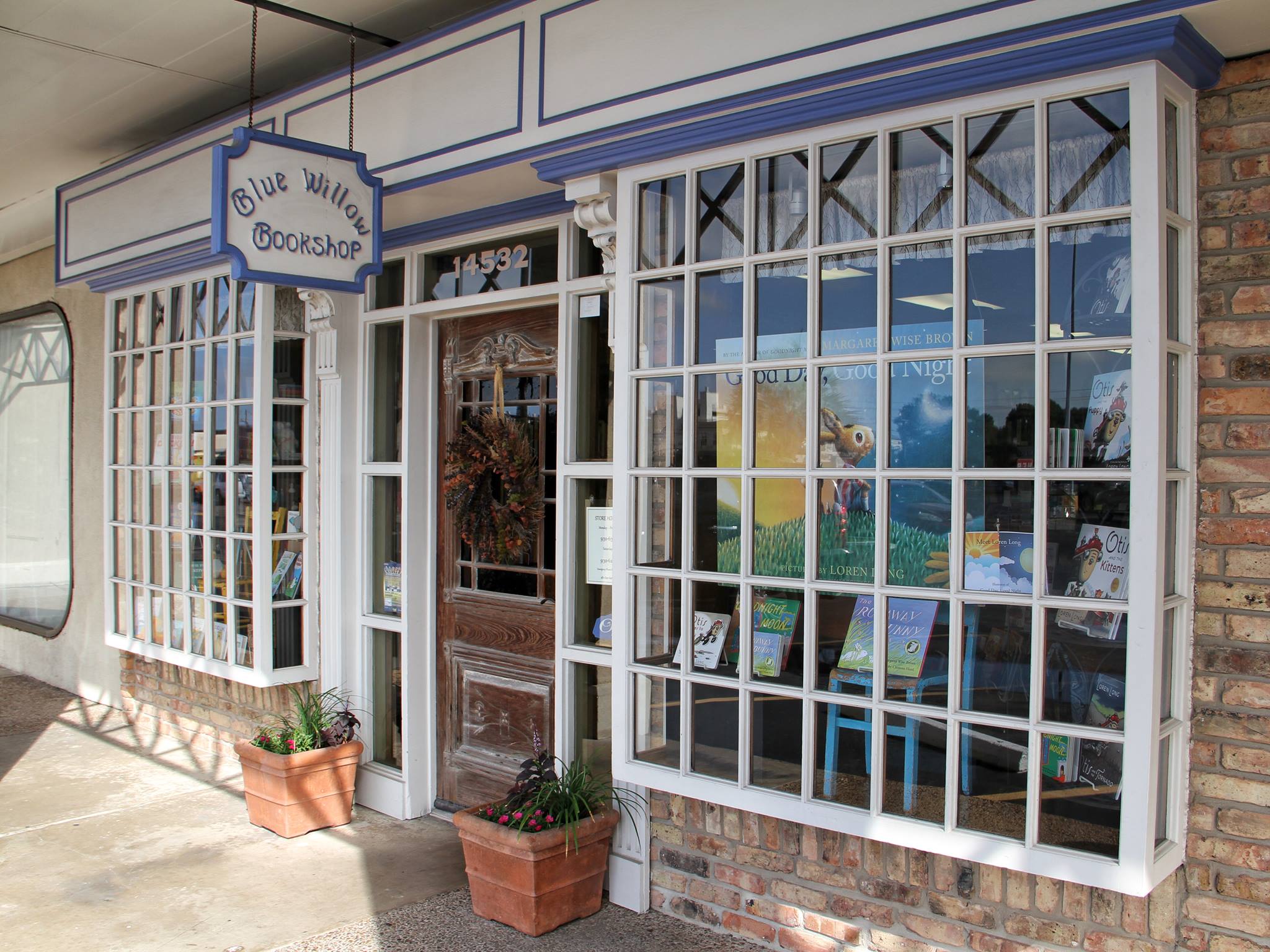 But indie bookshops are well-schooled in dystopian retail, thanks to years battling the Amazon Death Star. Now they are adjusting to another "new-normal," from
But indie bookshops are well-schooled in dystopian retail, thanks to years battling the Amazon Death Star. Now they are adjusting to another "new-normal," from 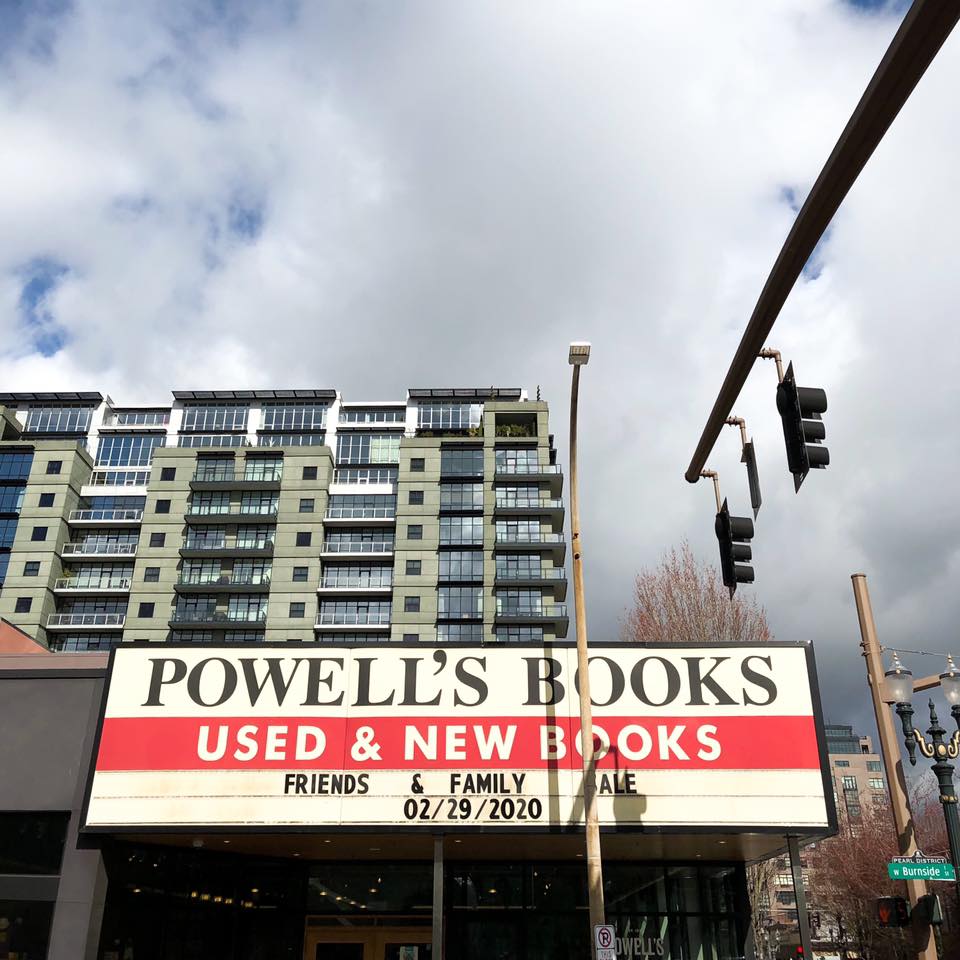 Powell's Books
Powell's Books